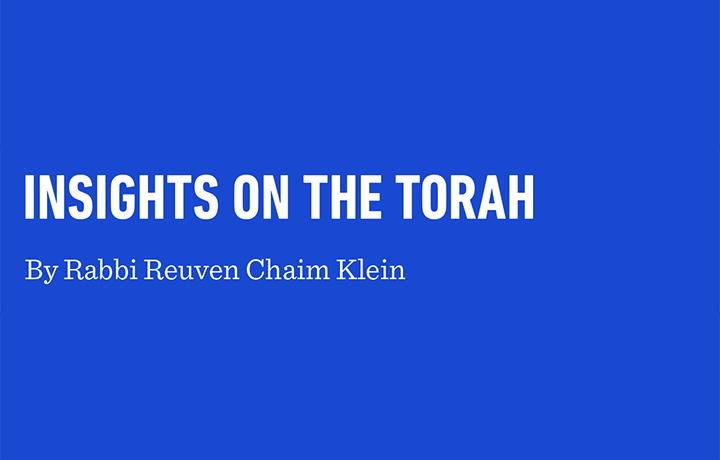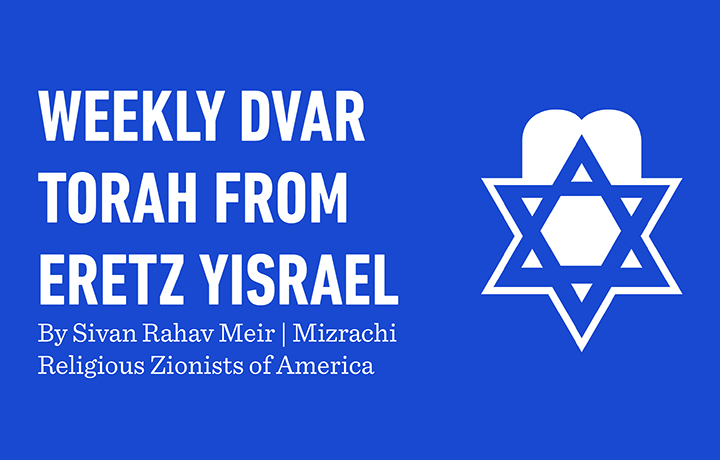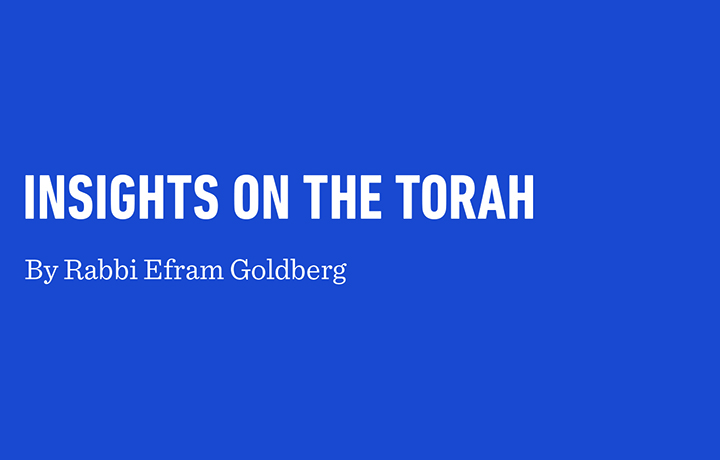A Window Into Widows
Part I
In Parashat Emor, the noun almanah (“widow”) appears twice: Once when stating that a Kohen Gadol is forbidden to marry an alamanh (Lev. 21:14), and once when stating that a Kohen’s daughter who married a non-Kohen and then her husband died may return to her father’s family to eat terumah (Lev. 22:13). In this two-part essay, we will closely examine the word almanah and its possible etymologies. Along the way, we will encounter words that are seemingly synonymous with almanah and show that they are actually just different forms of that word.
Looking at just the Bible, the word almanah appears 56 times—many of those cases in the context of warning a person not to abuse or otherwise afflict the widow (for example, Ex. 22:21, Deut. 24:17, Isa. 1:17, 1:23, Jer. 7:6, 22:3, Zech. 7:10), or in describing Hashem as the One Who takes care of the widow (Ps. 68:6, 146:9). There are also legal rules that apply specifically to widows, like the rule of a widow’s vow (Num. 30:10) and the requirements to leave special tithes for widows and other paupers to take (Deut. 24:19-21, 26:12-13). In an additional four places, the word almenut (“widowhood”) also appears in the Bible (Gen. 38:14, 38:19, II Sam. 20:3, Isa. 54:1). Likewise, in Biblical Hebrew, a widower (that is, a married man whose wife had died) is called an alman (Jer. 51:5), and the state of being a widower is almon (Isa. 47:9). Each of these last two words only appear a single time in the Bible.
On the surface, the word almanah seems to derive from the quadriliteral root aleph-lamed-mem-nun, with the additional hey at the end to denote the feminine. However, it is quite rare for Hebrew words to derive from four-letters roots. As we have mentioned in the past, many Hebrew grammarians argue that Hebrew words whose roots are ostensibly four- or five- letters are often times loan words from other languages.
In the case of almanah, Rabbi Yonah Ibn Janach in his Sefer HaShorashim actually traces this word to the triliteral root aleph-lamed-mem, whose core meaning refers to “muteness” (as in the word ilem, which refers to a “mute” person). The way he explains it, a woman whose husband has died is left in a “muted” state because she has nobody to argue on her behalf if anybody should fight with her. According to this explanation, the letter nunis a grammatic suffix to denote the noun agent, just like rachamim (“mercy”) can have a nun appended to it to become rachaman (“the merciful one”). This explanation is cited approvingly by Radak in his Sefer HaShorashim, Rabbi Shlomo Ibn Parchon in his Machberet He-Aruch, and Rabbi Samson Raphael Hirsch (in his comments to Ex. 22:21). [Interestingly, Menachem Ibn Saruk in Machberet Menachem totally omits the words almanah/alman, so we have no way of knowing how he understood their root.]
The Theological Dictionary of the Old Testament (TDOT) mentions the possibility that the Hebrew almanah derives from the root lammed-mem-nun, a root otherwise attested to in the Akkadian word lemnu as meaning “poor.”
When we turn to Rabbinic Hebrew, there is an interesting phenomenon: The term almanah becomes what linguists call a synecdoche—that is, a term that refers to a general category and also a specific thing within that general category. This is because almanah can refer in general terms to any woman who was once married and has become unmarried, whether by becoming divorced or widowed, and also to a woman who was once married and has become widowed. In this way, the Mishnah states that while the ketubah of a betulah (“virgin/maiden”) is 200 zuz, the ketubah of an almanah is only 100 zuz (Ketubot 1:2). In that case, the term almanah refers to any woman who had previously been married—whether that marriage was terminated by way of divorce or by way of her husband’s death. But even in Rabbinic Hebrew, the word almanah usually refers to a “widow,” just like it does in Biblical Hebrew.
When discussing the aforementioned Mishnah, the Talmud (Ketubot 10a) felt the need to expound on the word almanah (see Ben Yehoyada there), and cites Rabbi Chana of Baghdad’s explanation. He says that the Biblical Hebrew word almanah serves as an allusion to the future rabbinic enactment that a widow’s ketubahentitles her to only a manah (the equivalent of 100 zuz) of compensation should her new husband divorce her or predecease her. It seems that the rabbis parse the word almanah as comprised of two elements, al and manah, with the second word alluding to the sum entitled to a widow who remarries by her ketubah.
But what does the al element here represent? Rabbi Yehuda Aryeh of Modena (in HaBoneh to Ein Yaakov Ketubot 10b) explains that al manah means “not a manah” in reference to the fact that there is an additional manah written into the ketubah of a betulah that an almanah does not get. A similar explanation is cited by Rabbi Betzalel Ashkenazi (in Shittah Mekubetzet to Ketubot 10b) in the name of the Geonim. Rabbi Ashkenazi also explains Rashi (to Ketubot 10b) as understanding that al manah means elah (spelled with an extra aleph) manah, meaning “rather/only one manah” (as opposed to a betulah who gets two). Rabbi Shmuel Strashun (Hagahot Rashash there) explains the word al in this context as referring to the definite article (“the”), just as it does in Arabic….
Speaking of widows, I was asked to mention a unique book for widows in the Jewish community and their orphaned children. It’s called Invisible Tribe, by Sara Miriam Gross. This wonderful compilation contains stories of strength and encouragement to serve as a much-needed community resource for widows and orphans coping with the loss of a father.
To be continued…
This article has been excerpted from its original. Read the full version at 5TJT.com
Rabbi Reuven Chaim Klein is an author and freelance researcher based in Beitar Illit. He studied in Yeshiva Gedolah of Los Angeles, the Mir Yeshiva in Jerusalem, and Beth Medrash Govoha of America in Lakewood, and received semichah from leading rabbis. He also holds an MA in Jewish Education from Middlesex University/London School of Jewish Studies. Rabbi Klein authored two popular books that were published by Mosaica Press, as well as countless scholarly articles published in various venues. His articles on Hebrew synonyms are commissioned by Yeshivas Ohr Somayach in Jerusalem and have appeared on their website since 2016.














